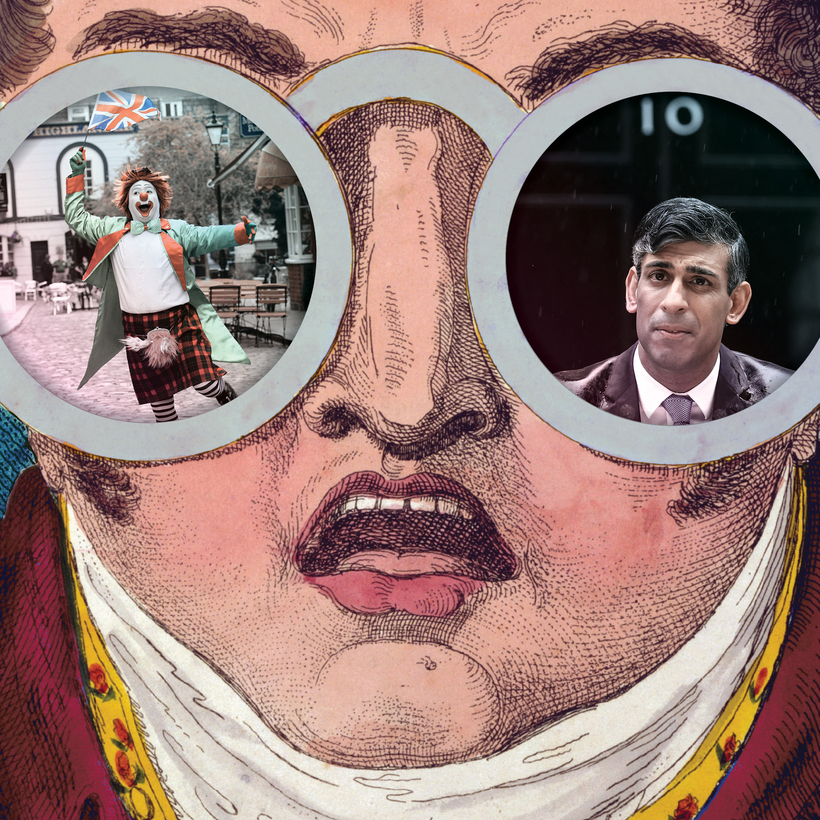If you’re an American who’s exhausted by U.S. politics, I’ve found the perfect antidote: U.K. politics.
You ask, “What difference does U.K. politics make to me?” The answer is zero—and that’s why it’s such an escapist delight. Take it from me: next week’s British election, which pits Rishi Sunak against Keir Starmer, is better than a fistful of edibles.

